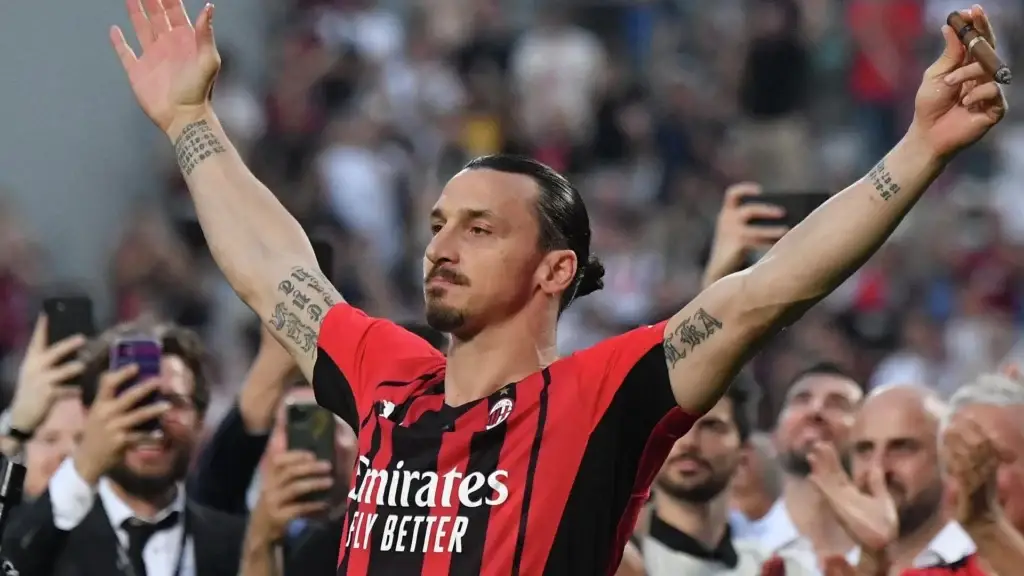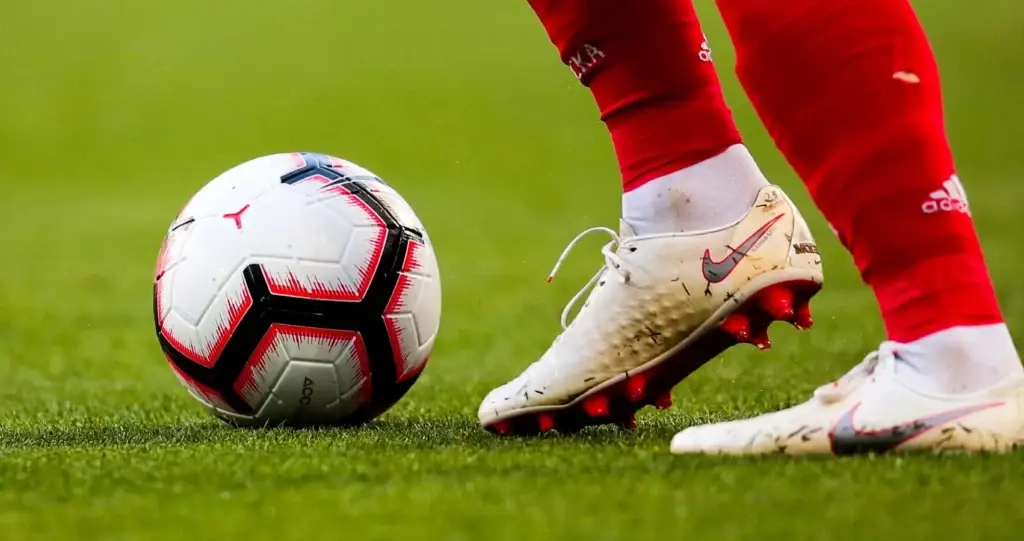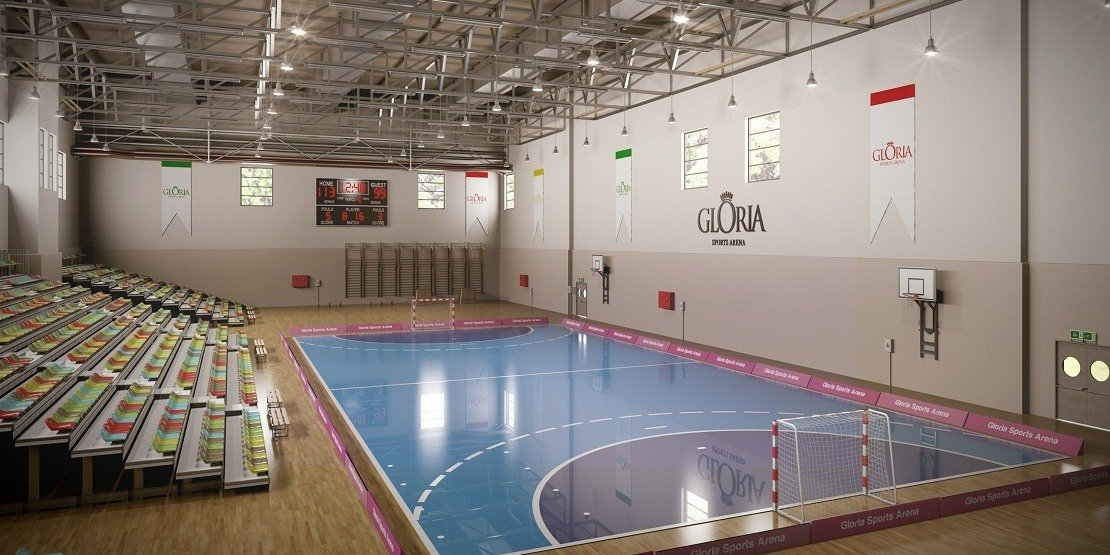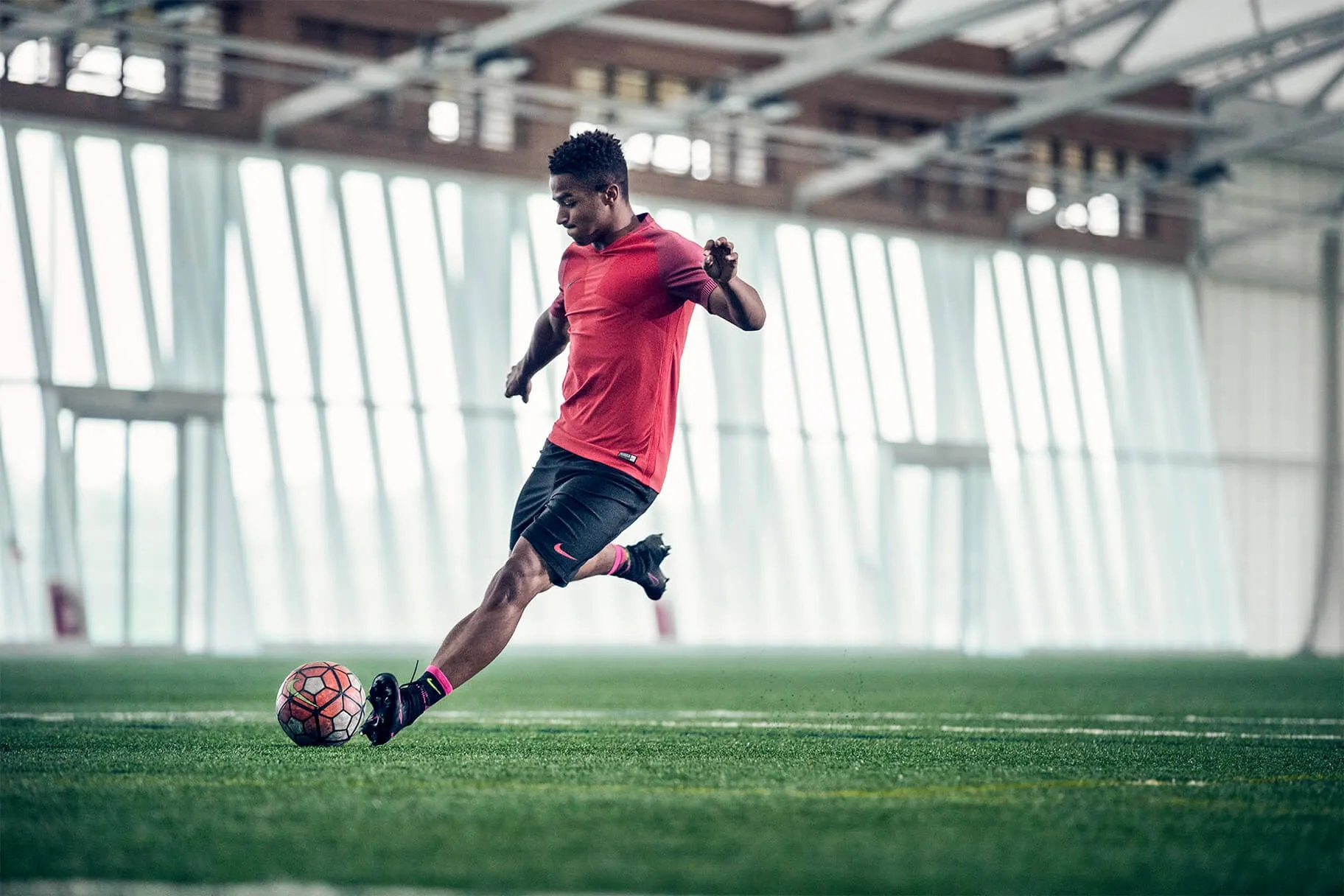Football is a cultural phenomenon that unites millions of people around the world. But who is behind this emotion? Who are the wizards that make stadiums explode with applause? In this article we will tell you about the best footballers in history, who are distinguished by their ability to score goals, incredible technique, the urge to win and the ability to inspire fans. These are the players who have left an unforgettable mark on the world football field.
Pele: football legend and his mark on history
From an early age, Pele surprised with his performance, starting his career at Santos, where his skills helped the club win dozens of national and international titles. He won the World Cup three times with Brazil – in 1958, 1962 and 1970 – and became the only player with such an achievement. Pele scored over 1,000 goals during his career, including some unforgettable moments at the World Cup.

Diego Maradona: football icon and his great moments
In 1986, Maradona not only led Argentina to victory at the World Cup, but also created some of the most famous moments in football history – the “Goal of the Century” and the infamous “Hand of God”. He led Napoli to their only ever Serie A title, forever changing the perception of the club and becoming the idol of football fans.
Zinedine Zidane: maestro of the midfield
At the 1998 World Cup at home, Zidane scored two goals with a header in the final against Brazil, becoming a national hero. He also shone at Juventus and Real Madrid, where his technique and understanding of the game inspired his team-mates.
Lionel Messi: the greatest footballer of our time
Messi is the winner of seven Golden Balls, the record holder for the most goals for one club and the author of incredible achievements. He inspires millions with his dribbling, his ability to see the pitch and his precise passes that cut through defences like a knife.
Cristiano Ronaldo: a symbol of perseverance and success
Ronaldo’s journey began at Sporting, then he moved to Manchester United, where his talent was unleashed on the international stage. At Real Madrid, the player won the title of one of the greatest footballers in history, setting a record for the number of goals for the club. At Juventus, he went on to win trophies before returning to Manchester United to prove once again that age is just a number for him.
Johan Cruyff: architect of modern football
At Ajax, Cruyff won the Champions Cup three times before continuing his career at Barcelona, where he became a symbol of ‘total football’. He not only shone on the pitch, but as a coach he turned the understanding of football philosophy upside down.
Franz Beckenbauer: Kaiser of Defence
Beckenbauer won the World Cup twice: as a player in 1974 and as a coach in 1990. The best footballer changed the role of the defender, becoming one of the very first liberos in history to be actively involved in attack.
Ronaldo Nazario: football phenomenon
Ronaldo Nazario, known as the Phenomenon, was one of the most talented forwards of his time. He scored for Barcelona, Inter and Real Madrid, showing incredible speed, technique and the ability to beat defenders.
Michel Platini: one of the greatest footballers
Michel Platini was the leader of the French national team in the 1980s and a three-time consecutive Ballon d’Or winner. He led France to victory at the 1984 European Championships and shone with Juventus.
Paolo Maldini: the symbol of the Italian defence
Paolo Maldini is a symbol of loyalty to one club. The defender has dedicated his entire career to Milan. His discipline, incredible skills and leadership on the pitch have made him one of the best players in history. Maldini won five Champions Cups and seven Serie A titles.
Andres Iniesta: the master of final moments
Andres Iniesta is a man whose goals have decided the fate of major tournaments. In 2010, his goal in the World Cup final brought Spain their first ever victory. At Barcelona, he was a key player, a master of space and a man who saw the pitch like no other.
George Best: talented footballer and colourful personality
George Best is one of the most talented players the world has ever seen. He shone with Manchester United, won the European Cup and became a symbol of English football in the 1960s.
Garrincha: the pride of Brazilian football
Garrincha could delight fans like no other. His amazing dribbling and ability to beat opponents made him a favourite of millions. Garrincha played a key role in Brazil’s World Cup victories in 1958 and 1962.
Eusebio: The Black Panther
Eusebio is Benfica’s best player and one of the most prolific strikers. In 1966, he led the Portuguese national team to third place at the World Cup, scoring nine goals. His speed, accurate strikes and skill made him the best footballer of his time, leaving a bright mark in the history of world football.
Zlatan Ibrahimovic: the king of charisma and goals
 Zlatan Ibrahimovic is a true artist on the football pitch. He has won championships in the Netherlands, Italy, Spain, France and England and has left his mark on every club he has played for.
Zlatan Ibrahimovic is a true artist on the football pitch. He has won championships in the Netherlands, Italy, Spain, France and England and has left his mark on every club he has played for.
Romário: Torjäger und Führungsspieler
Romário verhalf der brasilianischen Nationalmannschaft 1994 zum Gewinn der Weltmeisterschaft, indem er in wichtigen Spielen wichtige Tore erzielte. His career at Barcelona and other clubs was also characterised by triumphs and brilliant performances.
Bobby Charlton: England’s hero
Bobby Charlton played over 700 games for Manchester United and was the epitome of tenacity and honour on the pitch. His contribution to the history of English football cannot be overstated, and a list of the greatest footballers of all time is sure to include his name.
Ronaldinho: Star of world football
Ronaldinho’s dribbling, feints and incredible passes had fans on the edge of their seats. He won the Champions League and the Ballon d’Or with Barcelona.
Carles Puyol: The indomitable captain
Carles Puyol is a symbol of resilience and loyalty. He has remained loyal to FC Barcelona throughout his career and has won numerous trophies there, including the Champions League and the Spanish championship.
Cafu: the symbol of Brazilian football
Cafu is the only player to have played in three consecutive World Cup finals, winning two of them – in 1994 and 2002. He has become a role model for many young athletes who want to combine their skills in defence and attack.
Ruud Gullit: the leader of the Dutch Golden Generation
Ruud Gullit was captain of the Dutch national team that won the European Championship in 1988. His physical strength, technique and versatility made him one of the greatest footballers in history. Gullit also shone at AC Milan, where he was the strength of the team alongside Van Basten and Rijkard.
Gabriel Batistuta: Goalscorer and Argentinian inspiration
Gabriel Batistuta had an outstanding career at Fiorentina and Roma, where he scored incredible goals and set performance records. He was also a leader in the Argentinian national team and helped the team to outstanding performances on the international stage.
Steven Gerrard: The Liverpool legend
Steven Gerrard is the heart and soul of Liverpool FC. He has spent his entire career at the club and has led the club to victories, including the famous Champions League final in 2005, when the team pulled off an incredible comeback against AC Milan.
Roberto Baggio: a legend of Italian football
Roberto Baggio is one of the most talented Italian footballers, whose career is remembered not only for brilliant goals but also for dramatic moments. At the 1994 World Cup, his missed penalty symbolised a missed victory.
Luis Suarez: Tenacious and unstoppable
Suarez scored decisive goals, won trophies and proved his worth in the most difficult situations to become one of the best footballers in history.
Robert Lewandowski: The Polish marksman
Robert Lewandowski is one of the most successful strikers of our time. He won the German championship with Borussia Dortmund and Bayern Munich, set goal records and led Bayern to victory in the Champions League.
Gianluigi Buffon: Goalkeeper
Gianluigi Buffon is one of the best goalkeepers of all time. In 2006, he helped Italy win the World Cup with an incredible reaction time.
Neymar: The Brazilian star of the moment
Neymar began his career at Santos and then moved to Barcelona, where he became part of the legendary trio along with Messi and Suarez. His move to PSG was the most expensive transfer in football history.
Alessandro Del Piero: Juventus’ symbol
Alessandro Del Piero is a symbol of loyalty and excellence. He spent almost his entire career at Juventus and helped the club to win national and international trophies. His technique, outstanding free-kick goals and leadership qualities made him one of the most popular players in Italian history.
Marco van Basten: Career ended by injury
Marco van Basten was one of the most talented strikers of his time, whose career was unfortunately ended by injury. He shone at Ajax and AC Milan, scoring incredible goals and winning numerous titles, including the 1988 European Championship.
Conclusion

 Each of these great athletes is unique in their own way, but what they all have in common is an incredible love of the game, a passion for excellence and the ability to inspire millions. The greatest footballers in history are those who not only won trophies, but also created moments that will be remembered forever.
Each of these great athletes is unique in their own way, but what they all have in common is an incredible love of the game, a passion for excellence and the ability to inspire millions. The greatest footballers in history are those who not only won trophies, but also created moments that will be remembered forever.
 en
en  de
de  ar
ar  es
es  nl
nl  hi
hi  fr
fr  it
it  pt
pt  el
el 









